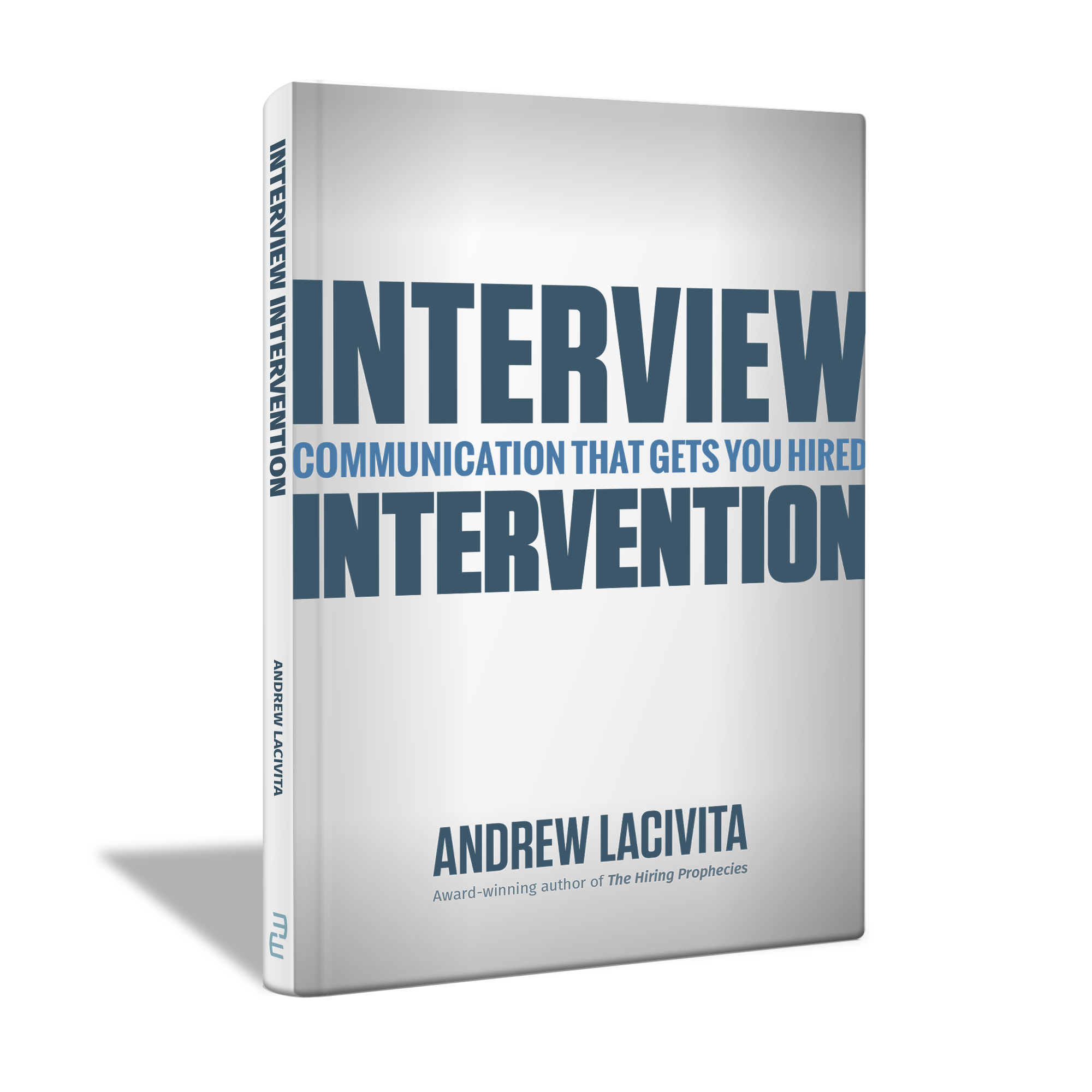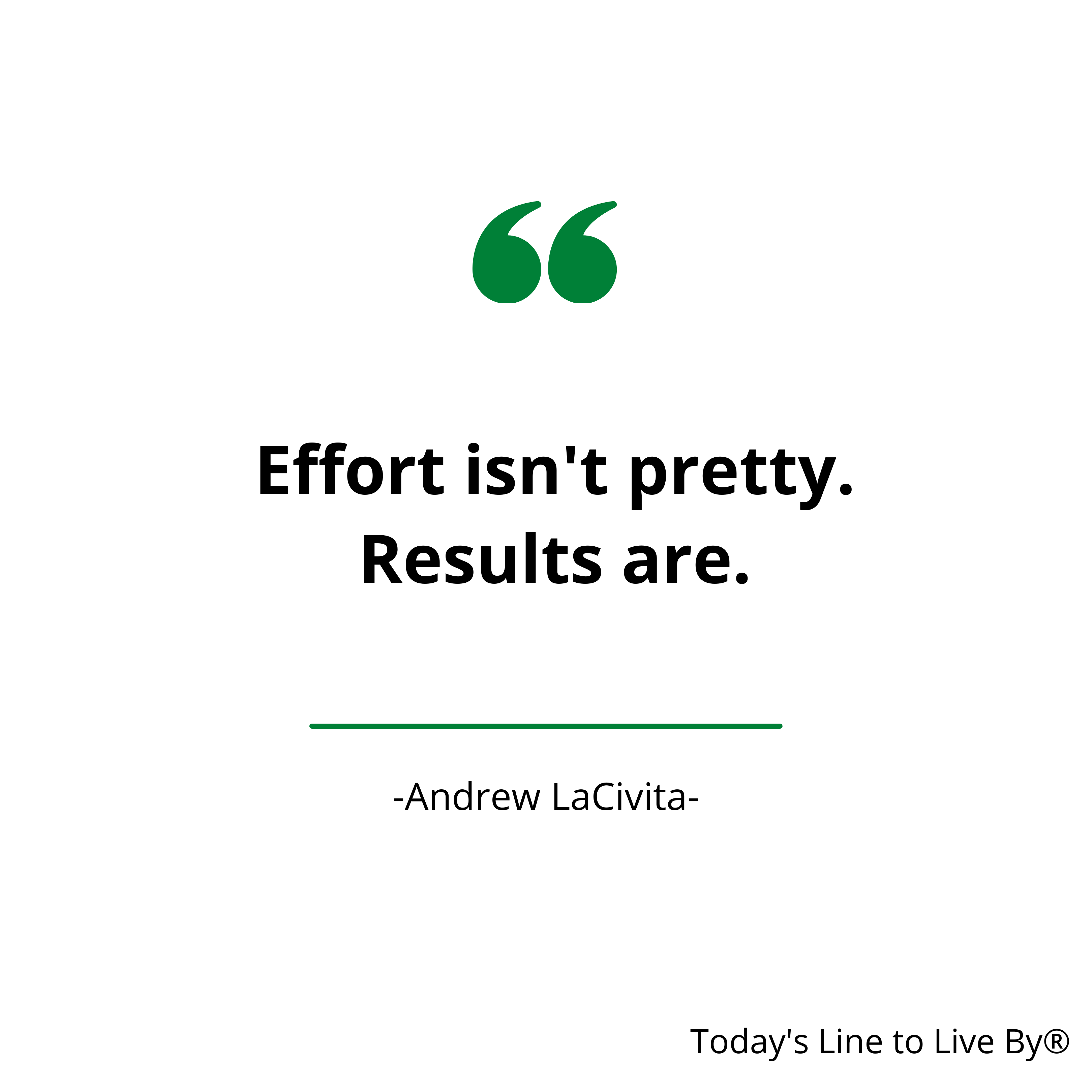A few years ago, I gave a speech to the Western Golf Association Evans Scholar Foundation. That speech, which addressed leadership and goal-accomplishing tactics, later become a book called Out of Reach but in Sight: Using Goals to Achieve Your Impossible.
I’m releasing portions of that speech as a series of blog posts so you can enjoy some of the content. If you’re interested in seeing the material in its entirety, check out Out of Reach but in Sight: Using Goals to Achieve Your Impossible or go to my YouTube Channel to listen to the pre-recorded audio.
If you’re interested in reading the posts in order, check out What is a Goal? and Where Do Goals Come From? to read in order.
I titled this section of the talk the types of goals, but I believe that is a bit of a misnomer. It’s probably not the correct title. This part is really more of a philosophy of how I look at goals.
What’s going to happen, I guarantee you, is throughout your life people will approach you or you will approach them to set goals—financial goals, relationship goals, health goals, athletic goals, professional goals, so forth and so on. You name it. Anything you can imagine, somebody is going to want you to set a goal for it.
I don’t look at my goals that way or in those categories. I look at them in two forms. I call them outcome goals and process goals. They are just like they sound.
***
Set goals for anything you want, but there are really only two types—outcome and process. Process people live happier lives.
***
For outcome goals, you target something very specific, as in a particular result. It’s a number, timeframe, or dollar amount. They’re usually something of that nature. Oftentimes with outcome goals where you’re trying to achieve something very specific, you rely on elements outside your control. These elements can be things such as the stock markets, weather, other people, and so on—elements you can do nothing to control.
Process goals, on the other hand, are usually about you enjoying the journey. They tend to be goals wrapped inside a plan you’re using to achieve an even bigger goal. And one goal is usually simply working the plan effectively. These goals are also typically 100 percent within your control. They are, by design, entirely up to you.
Now, goal gurus—people who speak about goals, write about goals, and help facilitate achieving your goals—often preach setting very specific goals. Their theory is by shooting for a specific target, you substantially increase your odds of achieving the goal. In essence, you need to know where you’re going to get there.
I agree with specificity but only as it relates to process as opposed to outcome. I think you need to be very specific about the plans you prepare to achieve the goal. If you’re too focused on the outcome or hitting it, you often lose sight of what you’re doing at any moment. Those moments along the way are your stepping stones toward that outcome.
Let me give you an example. I’m a marathon runner. I love to run. Here are a couple different perspectives. One is the outcome perspective, and the other is a process perspective.
The outcome person says, “I’m going to run a marathon in three hours. I’ll make T-shirts that say three hours. I’ll write the number three everywhere—in my books, on my desk, on my refrigerator. It’s three hours or bust. I’m going to go through my training plan. I’m going to run hard, and I’m going to log my miles so I can get to that running pace that helps me finish within three hours.”
The process person says, “I want to run a marathon. I’m going to research it. I’m going to develop a sound training plan. I’ll make that plan my first goal. I’m going to work each training run—hill runs, tempo runs, speed work, long runs, and so forth. I’ll make that my second goal. I’m going to listen to my body. If my body tells me it’s sore, I’ll dial it back. I’ll evaluate myself on how effectively I respond to that. That will be another goal.
If I hit all those goals, then six months from now on race day, when I can’t predict the weather, on a course I’ve never run before, with no idea of how my body will feel, I should be able run the best race I can on that day. On top of that, I’ll take all the experience and outcome from that race and channel it into my next attempt. Most importantly, no matter what the conditions or outcome, I’m going to be happy if I finish upright and uninjured, with a smile on my face.” That’s the process person. These people are all about the journey.
Outcome people tend to focus on numbers. They tend to focus on the result of the race. “What was my time? What’s the score at the end of the game? How quickly did I earn one hundred thousand dollars annually? What’s my title at work? Why am I not this yet? Why am I not that yet?”
Process people tend to enjoy the journey. “I’ll take the correct steps, and the outcome will just happen.”
There is one other major difference. It relates, in general, to their happiness levels. If you often rely on elements outside your control, as outcome people often do, and these elements don’t break in your favor, you run a great risk of being disappointed. You could be unhappy.
Process people don’t usually look at the world that way. They focus on the process, method, and practice, take what’s given to them on game day, and make the best of it.
Keep in mind the point I made earlier. It matters more what you do every day than what you do once in a while. The actual achievement or attainment of the goal is not nearly as important as the positive impact working toward that goal has on your life. Focus on that.
When I set my goals, I often target some outcome. I like to put a flag in the ground and shoot for it. However, if that undertaking is new for me, I give myself wiggle room. I’ll give that target a range rather than a specific number. If I’m more experienced, I’ll tighten that range. I might even be able to give it a specific number. But I only do that for things for which I’m very experienced.
***
My mind is open to any possibility, but my heart is attached to no outcome.
***
Here is another quote to close up this section. I developed it, and I hope you’ll use it. I remind myself of this to keep me happy. It keeps me from getting upset when things don’t go the way I thought they should.
My mind is open to any possibility, but my heart is attached to no outcome.
That doesn’t mean I don’t care. That means I am not going to get upset or unhappy if something doesn’t break the way I thought it should. Oftentimes when you set your target, you don’t have all the information you need to effectively designate that target. You often simply guess at the outcome. I never want to guess about things that are important to me.
Previously in the series: What is a Goal? and Where Do Goals Come From?
Up next in this series: How to Set Goals
If you enjoyed this article, you can find other wonderful tips and tricks related to life and work via the usual social spots at LinkedIn, Twitter, and Facebook.
As always, I give away a complimentary Interview Intervention eBook if you sign up for the milewalk newsletter on the front page of the milewalk Website!
In other exciting news, The Hiring Prophecies: Psychology behind Recruiting Successful Employees is now for sale!
If you’re interested in seeing the full Out of Reach but in Sight: Using Goals to Achieve Your Impossible book, check it out!










I’m not that uch of a internet reader tto be honest but ykur sites really nice, keerp iit up!
I’ll go ahead and bookmark youjr website to come back down the road.
Cheers
Thank you!!!